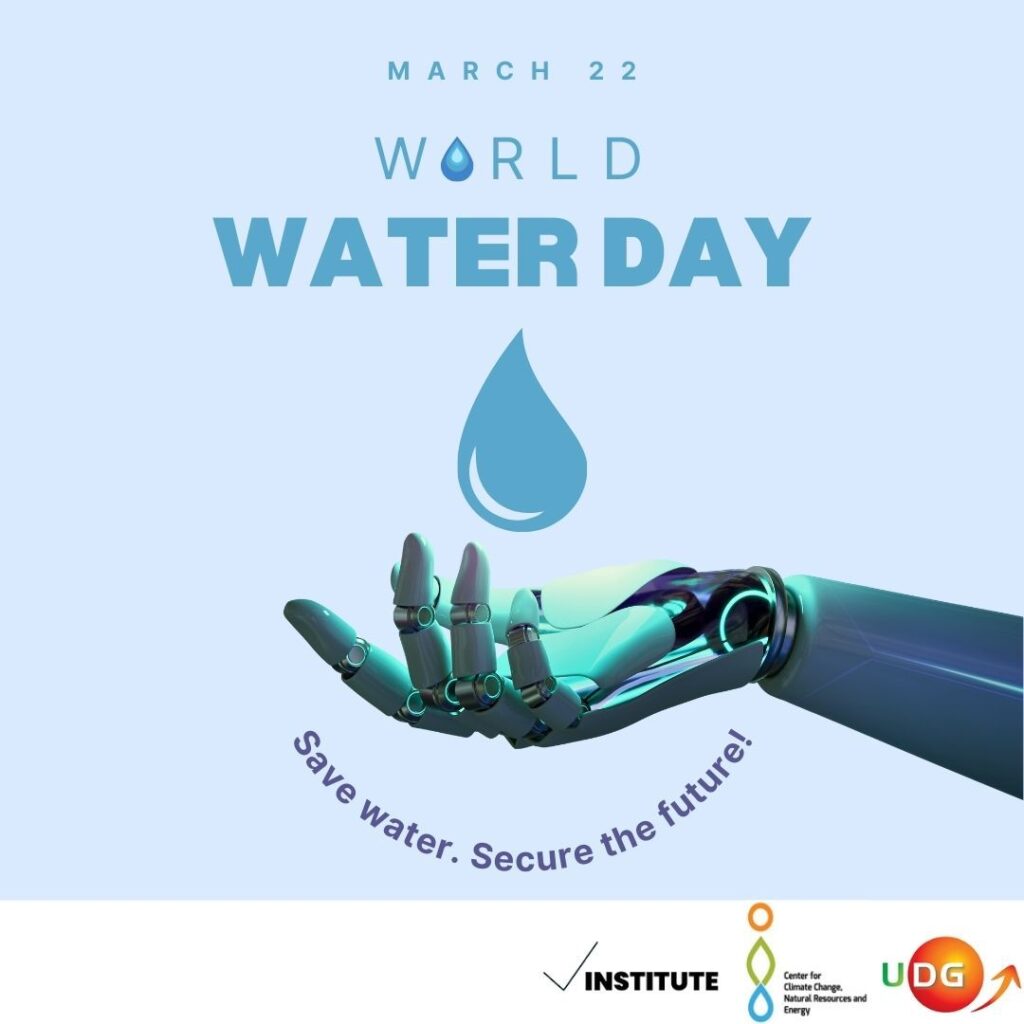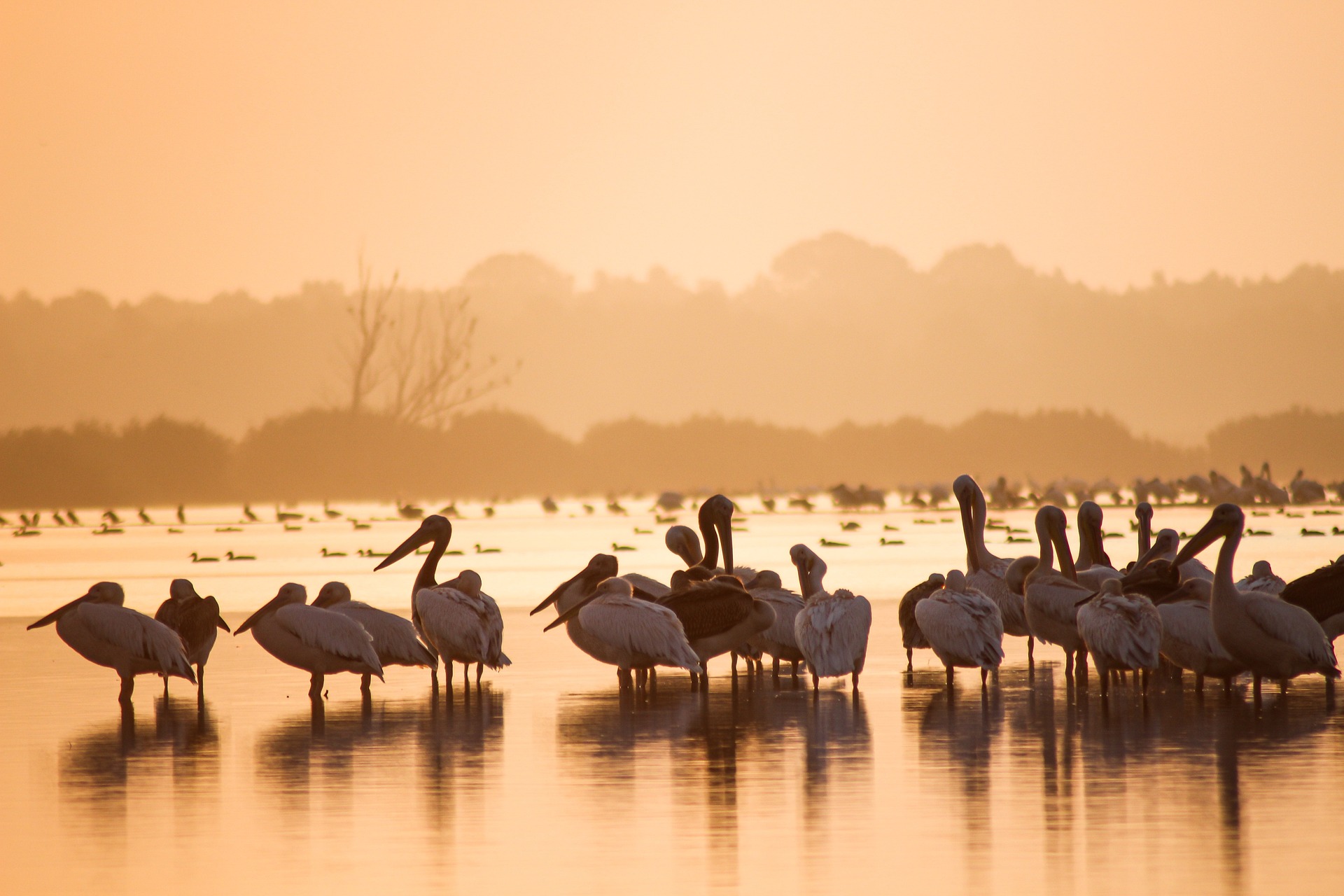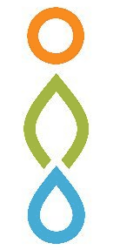🌍 Clean water is the lifeblood of existence. Water is an essential resource for people and nature, regulating the climate, and is crucial for agriculture and energy production. Water faces many pressures, including pollution from industrial chemicals, pesticides, nutrients, and pharmaceuticals, as well as climate change.
💧Recognizing that “water is not a commodity like any other but rather a heritage which must be protected, defended, and treated as such,” water quality policy in the EU is the most extensively regulated issue of EU environmental legislation. The implementation of EU water quality standards for EU candidate countries should ensure the achievement of the following objectives:
✔️Ensuring water supply safety for drinking and other economic uses,
✔️Clean water for bathing,
✔️Quality and quantity of water resources sufficient to maintain a “good status” and functioning of the aquatic environment, as well as to meet the needs of wetlands and terrestrial ecosystems and water habitats,
✔️Protection and preservation of the marine environment,
✔️Prevention or reduction of the negative impacts of floods and minimization of the impacts of droughts.
🌊 In the context of the theme of World Water Day 2024 on the need for collective efforts to balance needs so that no one is left behind and water becomes a catalyst for a more peaceful world, I recall the words of Nobel laureate Henry Kissinger: “He who controls the oil controls the states. He who controls food controls people. He who controls drinking water controls life.” In other words, every euro invested in improving the quality and abundance of water leads to invaluable health and environmental benefits, restoration of freshwater ecosystems and river functions, as well as significant reduction of flood risks and material damages, and economic and social benefits.


